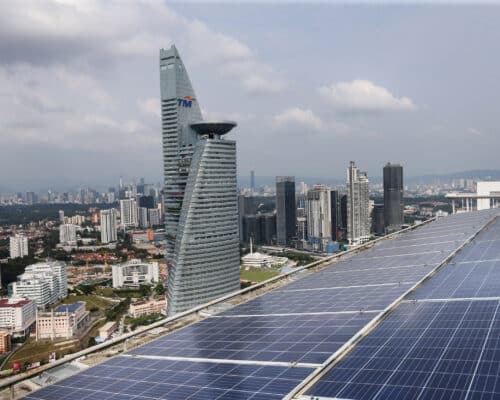Blog
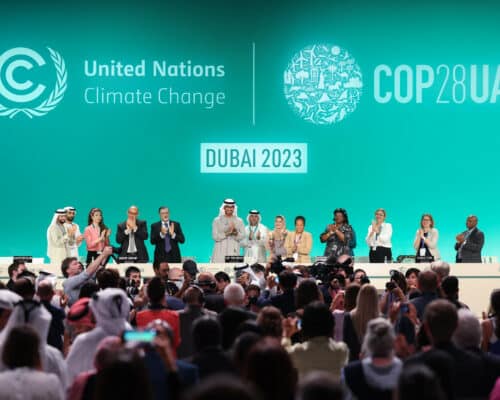
COP28’s Implications on Fossil Fuels and Climate Finance – Podcast
Energy Insights speaks with WRI's Executive Director for Climate on COP28's implications on fossil fuels and climate finance.

What’s Slowing Supply Chain Decarbonisation in the Tech Industry?
Tech firms are making big strides towards carbon neutrality, but are they doing enough to decarbonise their supply chains?
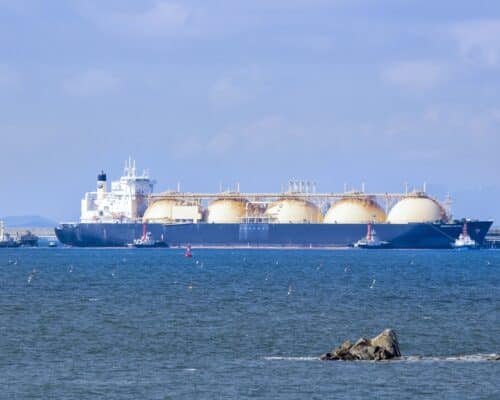
Lessons from COP28: South Korea’s Energy Transition Pledges Will Reduce the Need for LNG Investments
A recent report by the Institute for Energy Economics and Financial Analysis (IEEFA) found that the country is overinvesting in LNG infrastructure despite having among the lowest utilisation rates in the world for regasification terminals. This could impede South Korea's swift transition to more affordable and domestically sourced renewable energy.

How To Prepare for Climate Change: A Strategic Approach
Climate change already impacts the world, and its effects will become more severe. Global climate action will address the severity of the impacts, while local adaptation strategies will ensure that individuals are ready to deal with the effects.
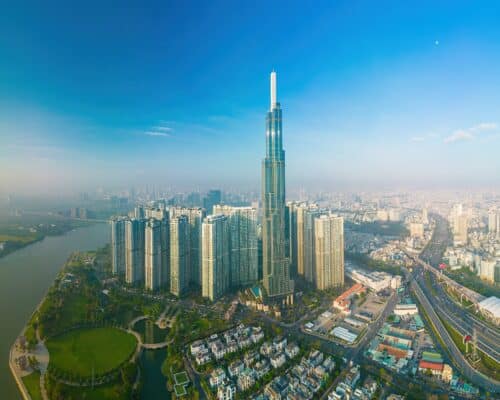
Op-Ed: Analysis of the Vietnam JETP Resource Mobilisation Plan
Vietnam’s Just Energy Partnership Resource Mobilisation Plan (JETP-RMP) was completed and presented at COP28. However, coal continues to play a significant role in the country's energy mix in the RMP despite its aim to reduce emissions.
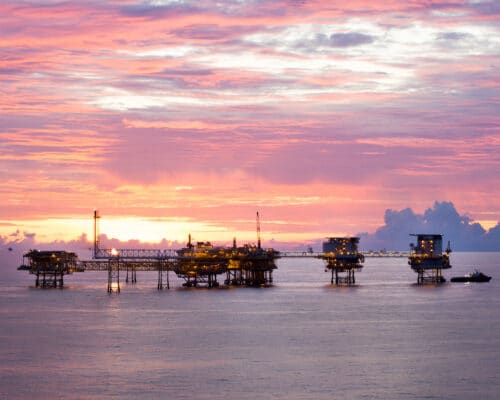
Op-Ed: Southeast Asia at a Climate Crossroads – Will 1.5°C Be the Road Not Taken?
Southeast Asia (SEA) is a region at a crossroads. The challenge of reshaping Southeast Asia’s power is at hand. It can be won by communities, civil society, and all within and without Southeast Asia rallying behind the fight for 1.5°C at COP 28 and beyond.
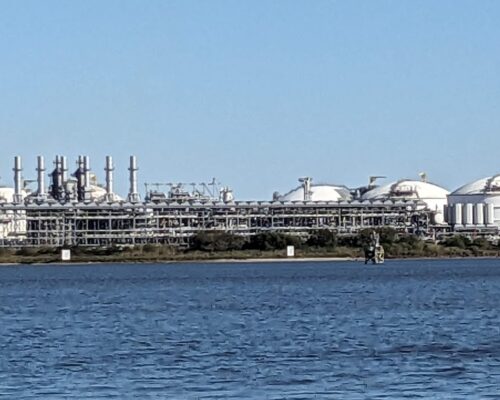
Op-Ed: Gulf Coast Communities Speak Out Against Japanese-backed LNG Development
The Japanese government announced plans with South Korea to develop a joint ammonia/hydrogen supply network supported by public finance. Co-firing of ammonia at coal power plants and hydrogen at gas plants would prolong the use of fossil fuels and delay the transition to renewable energy in Asia, and communities bear the brunt of the suffering.
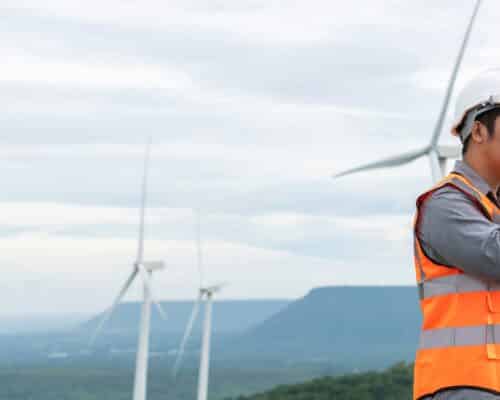
Op-Ed: Implementing Indonesia’s JETP Plan Requires Prioritisation, Processes and Transparency
Indonesia recently released its Comprehensive Investment and Policy Plan (CIPP), which aims to codify its JETP-related green transition policy and investment needs in one place. The CIPP is a significant step in detailing the country’s decarbonisation goals and path to achievement. Yet, examining its contents objectively and identifying necessary actions to guarantee decarbonisation and economic prosperity is important.
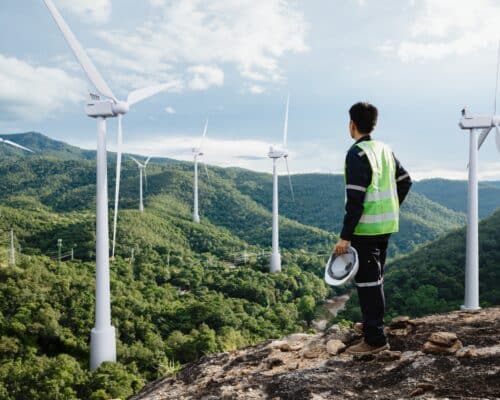
Op-Ed: Seizing Green Job Opportunities Through Climate Policy and Education Transformation
Since the Paris Agreement at COP 21, the World Economic Forum stated that the increasing number of green jobs has not been followed by increased human resource capacity that can keep up with emerging new jobs in the green sector. With Indonesia's upcoming elections set to take place in 2024, will politicians try to win the votes of young voters with a more robust framework for green jobs?
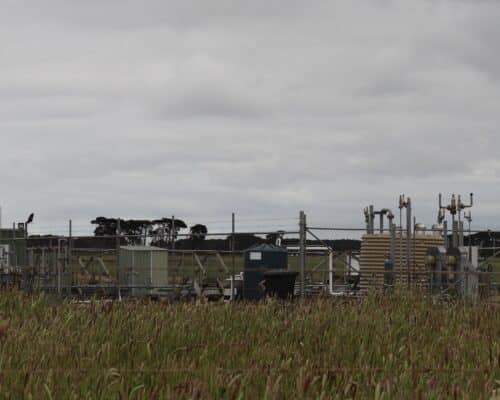
Australia’s CCS Expansion Poses More Risks
Australia is encouraging oil and gas companies to create CCS ventures; they are also paying them to do so with the issue of Australian carbon credit units (ACCUs) under the Emissions Reduction Fund (ERF) backed by the Australian government. The addition of CCS will lead to a net increase in GHG emissions, putting the world at risk of failing to meet CO2 reduction targets consistent with the Paris Climate Agreement’s aim of keeping the rise in global average temperatures to 1.5°C.

Tech Supply Chain Decarbonisation and Apple’s New Commitments – Podcast
The Energy Insights podcast speaks with Katrin Wu at Greenpeace East Asia about supply chain decarbonisation in the technology industry.
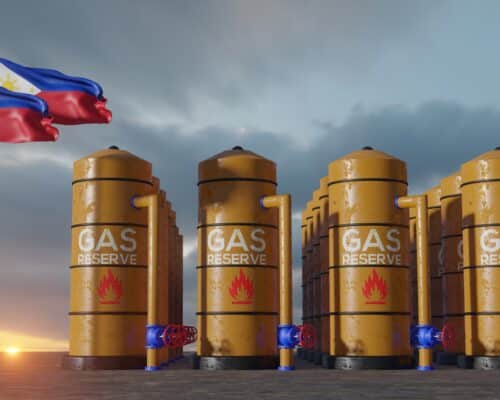
Why LNG in the Philippines Is More of a Problem Than a Solution
The Philippines’ LNG import ambitions could increase its dependence on one of the most expensive fuels available, according to Institute for Energy Economics and Financial Analysis (IEEFA). The country is focusing on Batangas for many of its LNG developments. New LNG terminals mean more vessels passing, docking and unloading along the coast, threatening marine ecosystems and affecting the livelihoods of communities who depend on it.
Solar Energy in Malaysia: A Bright Future or Dim Prospect?
Malaysia's renewable energy targets heavily rely on expanding its solar energy capacity. Meanwhile, the country is ideally located for large-scale solar adoption. However, government policies still need improvement, and significantly more investment is required to facilitate this transition.
Most Popular
Categories
-
10
-
35
-
126
-
4
-
17
-
46
-
52
-
11
-
15
-
10
-
24
-
6
-
5
-
1
-
6
-
285
-
200
-
17
-
24
-
1
-
1
-
23
-
41
-
44
-
88
-
18
-
86
-
41
-
17
-
11
-
43
-
54
-
86
-
299
-
22
-
44
-
36
-
11
-
42
-
36
